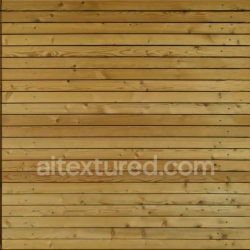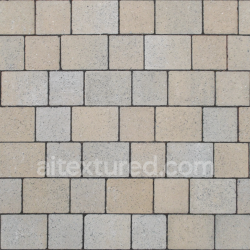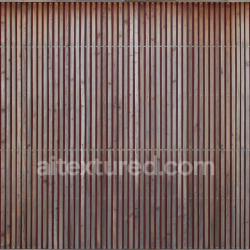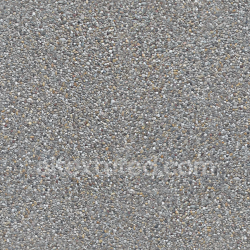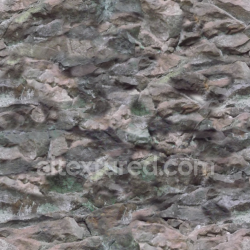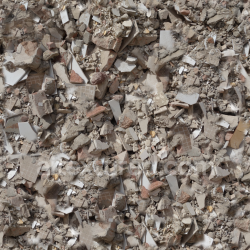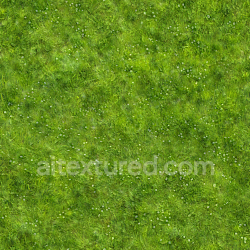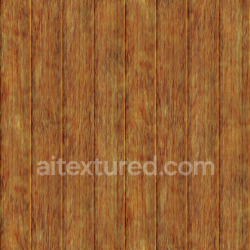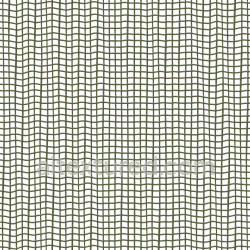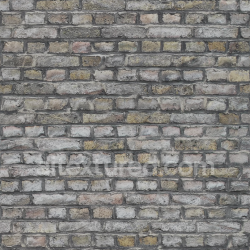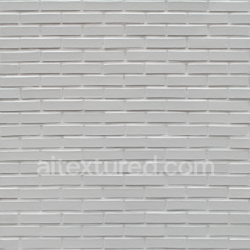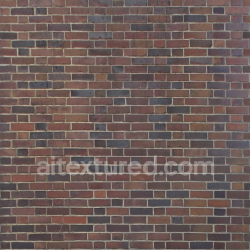PBR Texture Maps Explained: Albedo, Normal, Roughness, Metallic, ORM
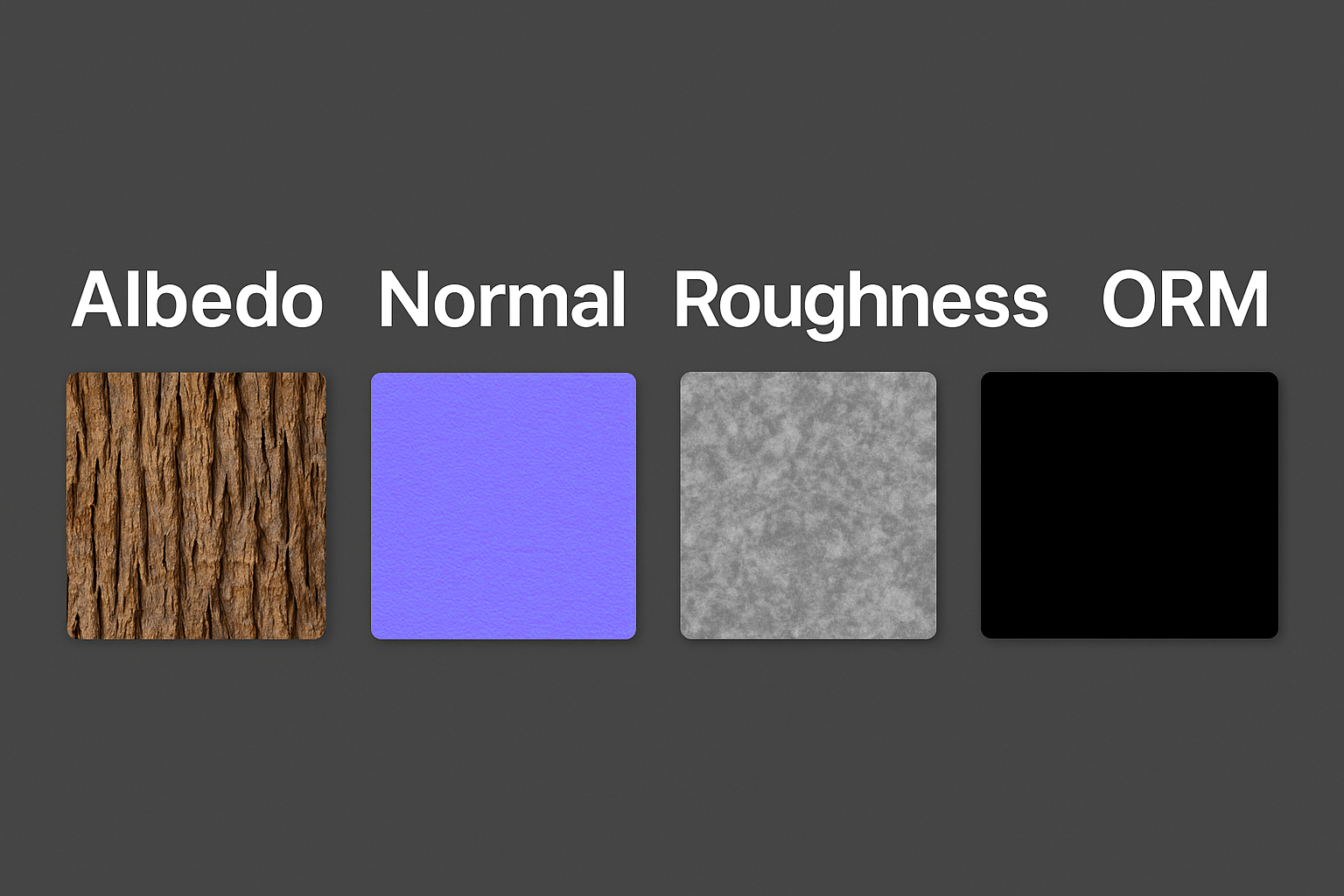
🔹 What Are PBR Texture Maps?
In traditional rendering, textures often represented only the color of a surface. However, realism requires more information. PBR textures simulate physical properties of materials, ensuring that a rusty metal, polished wood, or wet stone reacts to light as it would in the real world.
Each map stores a specific set of data in grayscale or color images. By combining them, software reconstructs complex material properties.
📷 Albedo (Base Color)
Albedo is the base color map of a material. Unlike diffuse textures of the past, it contains only pure color information without shading, lighting, or reflections. Albedo ensures consistency under different lighting setups.
- Format: usually PNG (lossless, supports transparency).
- Color data: sRGB.
- Purpose: defines the overall look of a surface.
- Restrictions: no shadows, no highlights, no AO baked in.
For example, a wood plank Albedo contains the brown tones of the fibers but not the shine. A metal plate Albedo contains its painted or raw color, but no reflective glare.
🔹 Normal Map
Normal maps fake surface detail by altering how light interacts with geometry. Instead of adding millions of polygons, artists can create bumps, scratches, and grooves through pixel-level shading manipulation.
- Format: PNG, typically in tangent space with RGB channels.
- Colors: purple-blue appearance, encoding XYZ directions of surface normals.
- Purpose: simulate fine detail without extra geometry.
For example, a rust texture uses a normal map to add micro pits and flakes. A grass texture normal map simulates small height differences between blades, making them catch light realistically.
🔹 Roughness Map
The Roughness map defines how smooth or matte a surface is. It controls the spread of reflections:
- White = fully rough (matte surface, no clear reflection).
- Black = fully smooth (mirror-like reflection).
- Gray = semi-glossy.
This map is critical in differentiating materials. A polished marble floor will have dark values in its Roughness map, while an old concrete wall will have brighter areas. Without Roughness, all materials would appear either too shiny or too flat.
🔹 Metallic Map
The Metallic map tells the renderer which parts of a surface are metal and which are not. Unlike Albedo, this is usually a grayscale or binary map:
- Black = non-metal (dielectric material: wood, plastic, stone, etc.).
- White = metal (conductive surfaces: steel, copper, gold, etc.).
- Gray = rarely used (blend between metal and non-metal).
Metals reflect light differently from non-metals. They don’t use diffuse color; instead, their appearance depends on reflection and Albedo tinting. For example, a copper surface would have a pure white Metallic map, while plastic would remain fully black.
🔹 ORM Map (Occlusion, Roughness, Metallic)
To optimize performance, some engines use a combined ORM map where:
- Red channel = Ambient Occlusion.
- Green channel = Roughness.
- Blue channel = Metallic.
This reduces the number of texture samples, improving speed in real-time rendering (especially for games). For instance, lava surfaces can have their AO in red, defining cracks and shadows; Roughness in green for glowing parts; Metallic in blue for molten rock traces.
📐 Ambient Occlusion (AO)
Although not always separate in PBR sets, Ambient Occlusion (AO) darkens small crevices where light cannot reach. It’s often combined with Albedo or stored in ORM maps. AO enhances realism but should not be baked into Albedo directly.
🛠 How These Maps Work Together
PBR maps function as a system:
- Albedo provides base color.
- Normal adds surface detail.
- Roughness controls light spread.
- Metallic defines reflectivity type.
- AO enhances shadow depth.
Only by combining them can a material look photorealistic. For example, a water texture may use bright Roughness values for waves, a flat black Metallic map (non-metal), and subtle Normal maps to simulate ripples.
🖥 Using Maps in Blender
- Create a new material with Principled BSDF.
- Load Albedo into Base Color.
- Connect Roughness to Roughness input.
- Attach Metallic to Metallic input.
- Add a Normal Map node, connect Normal texture to Normal input.
- Use Displacement for actual geometry shifts.
Thanks to ZIP downloads on AITEXTURED, all maps come neatly packaged for Blender integration.
🎮 Using Maps in Unreal Engine
In Unreal, PBR maps are connected in a Material Editor node system:
- Base Color → Albedo.
- Normal → Normal input.
- Roughness → Roughness slot.
- Metallic → Metallic slot.
- AO → Ambient Occlusion slot or baked into ORM.
Unreal supports ORM maps natively, reducing texture count. This is crucial for large environments like landscapes textured with grass and rocks.
⚡ Using Maps in Unity
Unity workflows differ slightly depending on HDRP or URP. Roughness maps are often inverted to represent Smoothness. Metallic maps can be combined with Smoothness in a Mask Map. Thanks to ZIP archives, all necessary files are present.
🖌 Creating Textures
Artists can create PBR maps from photos or procedural tools. Programs like Substance Designer, Mixer, and AI tools can generate Normal, Roughness, and Metallic from a single photo. For example, a bark photo can be processed into Bark Textures with complete PBR sets.
🌍 Why PNG Format?
Most PBR textures use PNG because it’s lossless and preserves fine detail. While JPEG may reduce file size, it introduces compression artifacts that damage Normal and Roughness maps. For best results, use PNG or TIFF for production.
🚧 Common Mistakes
- Baking AO into Albedo, reducing flexibility.
- Forgetting to invert Roughness when importing to Unity.
- Using JPEG for Normal maps, causing compression artifacts.
- Not matching texture resolution, leading to mismatched details.
🔮 Future of PBR Textures
The future is moving toward procedural and AI-generated maps. Already, artists can generate entire PBR sets from single prompts or images. Websites like AITEXTURED expand libraries with categories such as foam, rubber, and plastic, providing free, seamless materials in ZIP packages.
✅ Conclusion
PBR texture maps are the backbone of modern 3D rendering. Albedo defines color, Normal adds detail, Roughness controls reflection, Metallic defines type, and ORM optimizes workflow. Together, they allow surfaces to behave realistically in any lighting. Thanks to the new ZIP download feature on AITEXTURED, artists can access complete PBR sets instantly, whether they are working on wood floors, lava fields, or ocean waves. Mastering these maps is the key to creating professional, photorealistic projects in Blender, Unreal Engine, Unity, and beyond.
